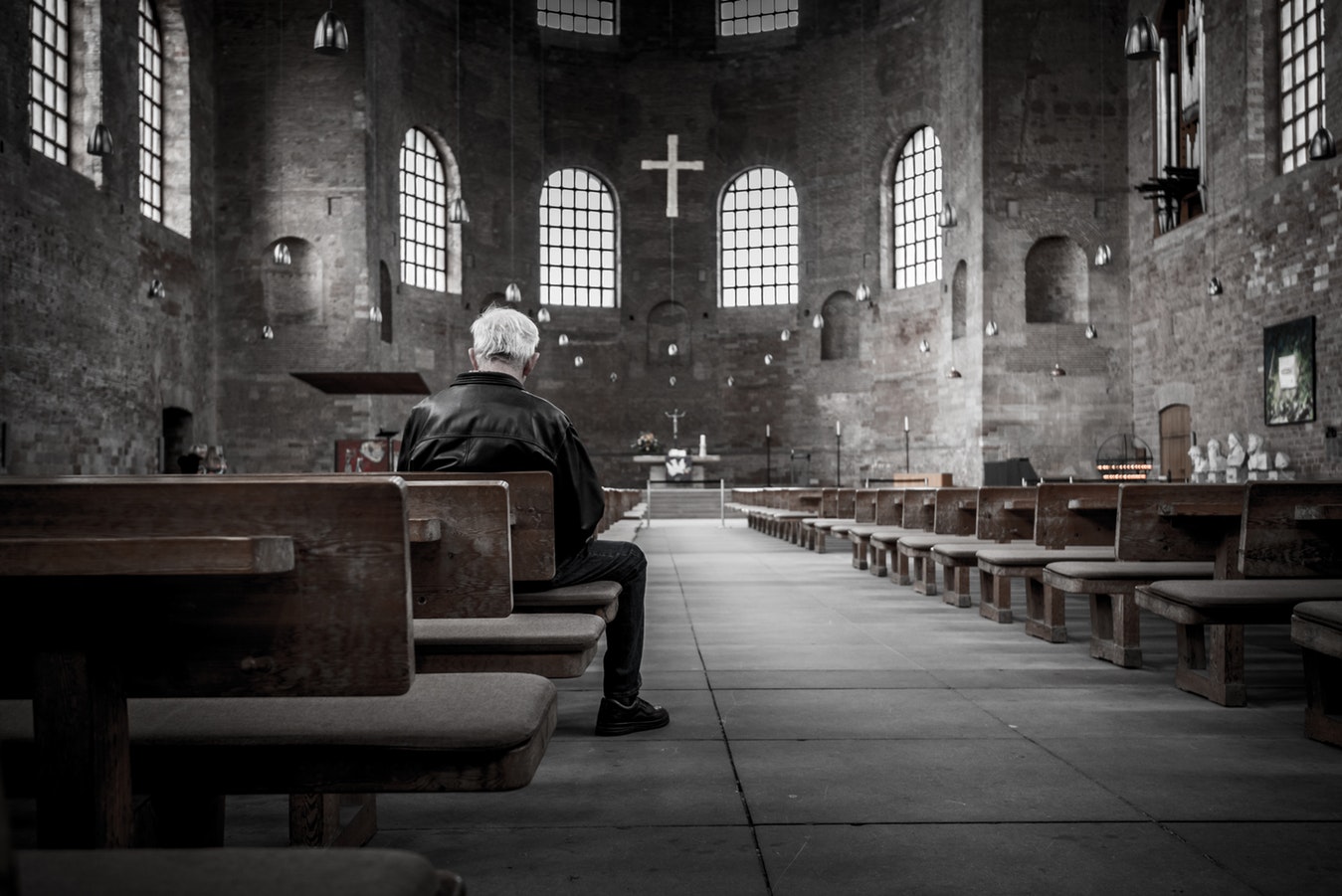Making Dreams a Reality

After dark, lights of two major German cities are visible from the bluff at Lohrburg. Young people from the Frankfurt Church of the Nazarene can identify the view: Offenbach to the left, Frankfurt to the right. They should know, since this is where they come to dream.
"You look out there and you think, 'God, there's so much to do and we have no idea where to start,'" said Evan Offutt, who works with five other students in the latest venture toward church planting in Germany. "Show us what we can do."
Offutt, a graphic designer and recent university graduate from the U.S., is there as a result of an attempt to revive and refocus churches in Germany. She's one of six students pioneering the Engedi evangelism school in Frankfurt, an intensive program designed to develop outward-focused and forward-moving church planters for Western Europe.
"In Germany, you'll find at least one church in every town," said 23-year-old Drew David, who has worked at Frankfurt's Church of the Nazarene for more than two years. "In most major cities, there are many churches and some amazing cathedrals.
"But as time has passed, the birthing of Christianity has stopped, and [this area has] missed out on a lot of its ability to change and transform culture."
Since September, Engedi students have been meeting daily for intensive, practical-application studies of Scripture. Each morning, they delve into the Bible, guided by Hans Jurgen Zimmermann, pastor of the Frankfurt church and mentor for the Engedi project.
"En Gedi is a place in the desert mountains of Israel," said Zimmermann. "There, [David] trained people that later on became the great army of God. We believe we are ordained by God to fulfill his great plan to re-inherit what God has promised, but we need the necessary training."
Afternoons are reserved for practical, real-life ventures. Each student leads an individual aspect of the project: communications, publicity, after school outreach for young people, English language classes, and community events. For a few weeks at a time, pastors from the U.S. join the school as additional mentors-in-residence. Their openness about the reality of ministry is something most of the students mark as a significant source of growth.
"We have great classes, great teachers, and a great time hanging out," said Emily Gibson, a religion major from Trevecca Nazarene University who coordinates Engedi's English classes and events. "But the best part is discovering more about God, and the ability to say at the end of the day, 'I gave God a chance, I really stepped out there and saw what He can do.'"
Engedi is the latest offshoot of a larger initiative—Project Noah. A recent study on Nazarene church growth in Germany over five years revealed that "classical evangelism" wasn't being done, said Zimmermann. "There were activities and programs, but people couldn't recall converts or members that they had reached and brought into the church." So they started Project Noah, named for the goal of "saving life," with two or three crusades a year, inviting Youth in Mission teams, college groups, and international churches to bring music, drama and speaking for a new wave of outreach.
Project Noah is changing the church's targets, too. While Nazarene churches have tended to plant in rural areas because of personal contacts or financial viability, Zimmermann cites history as an impetus for focusing on major cities. "When Paul took his mission journeys, he always went to the capital cities of the areas," he shared. Most of Germany's major cities, thanks to the colonizing Romans, are set along major waterways. Boats are less expensive than real estate, so the financial challenge of planting churches in major metropolitan areas is temporarily circumvented if one follows the example of the Romans—buy one structure and move it around. Noah is a body-before-building approach with the long-term goal to gather a team of church planters, purchase a boat, and dock at major cities along the Rhine for six months to a year at a time—long enough to hold crusades, outreaches, and build up a local body in key areas of Germany. A core group and pastor will stay behind at each location, committed to building that church community where it is and helping the local congregation find a permanent location.
"We need training to start this new kind of ministry," said Zimmermann.
"This is not playing church, but being church. Church is not structured by a building, or a Sunday morning service and a pastor, but by people that are willing to give their life and support it." The Engedi students embody this experimental outlook. If an endeavor does not work, it goes in their visual file of ideas that might work elsewhere. "Everything you can read about emerging churches is what we are thinking," said Zimmermann. "We'd like to see that we are empowering people, and setting people free to do what God called them to do. And in this country . . . we need to try something different. "I don't know if this something different will work," he continued. "But you know, what can we lose?"
Simone Finney is the print manager at the Eurasia Regional Communications Center in Bósingen, Switzerland.
Please note: All facts, figures, and titles were accurate to the best of our knowledge at the time of original publication but may have since changed.




